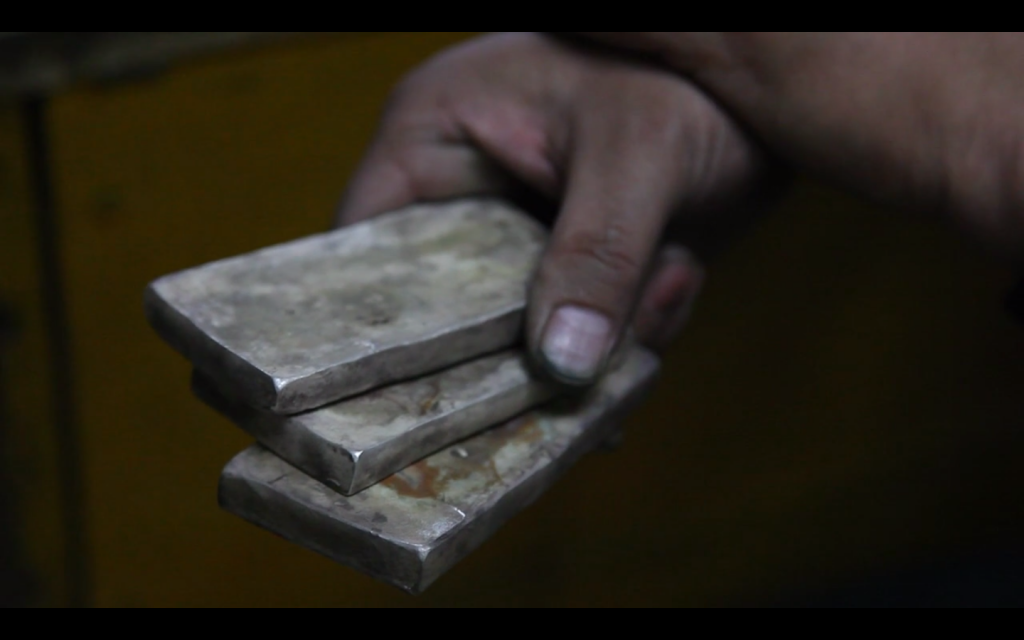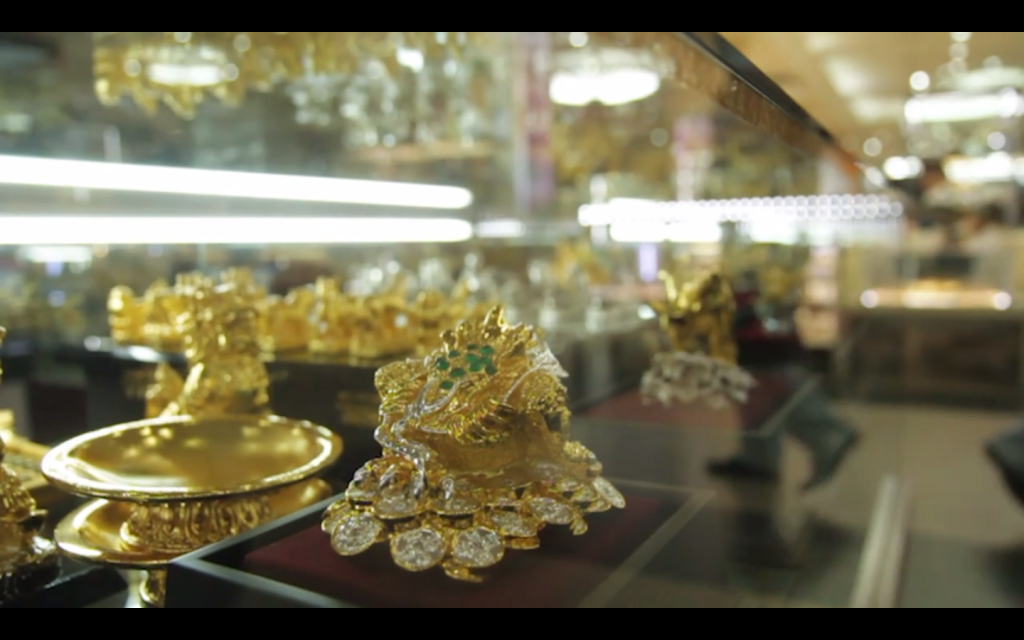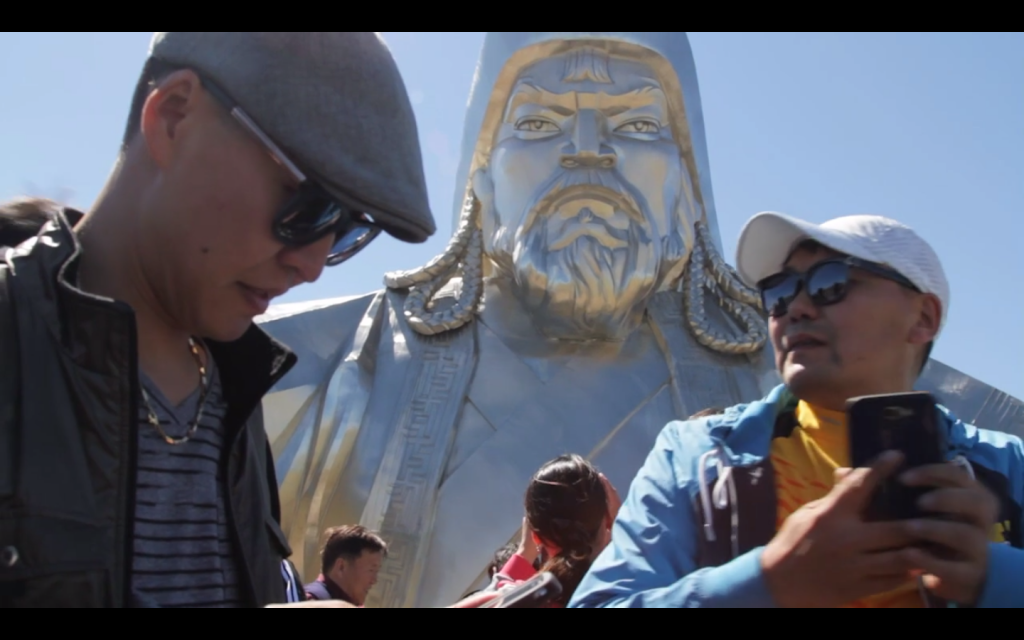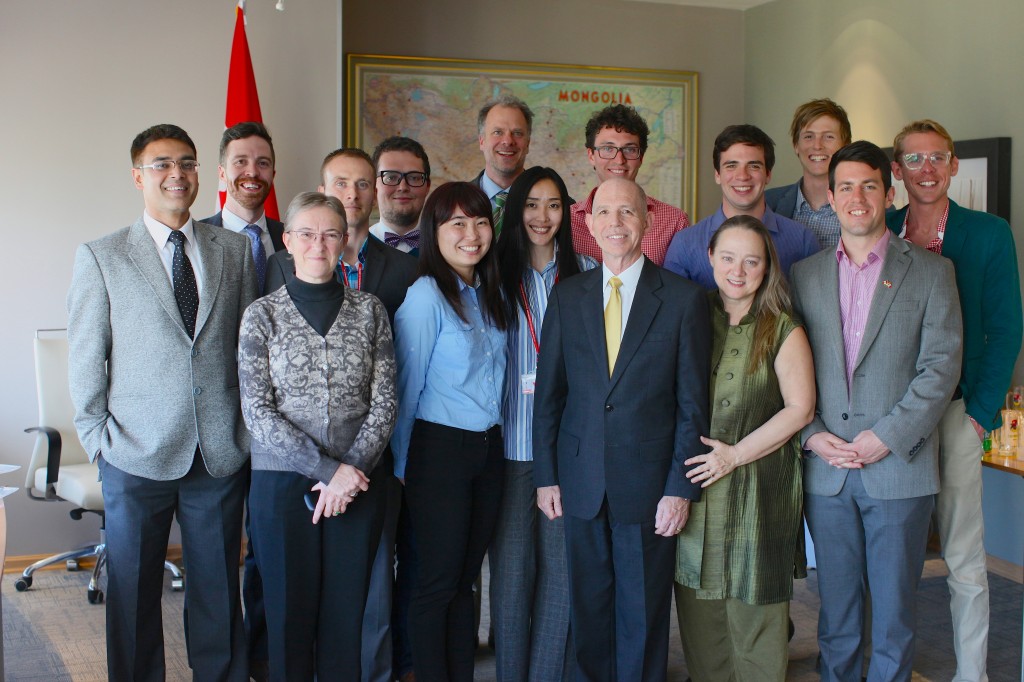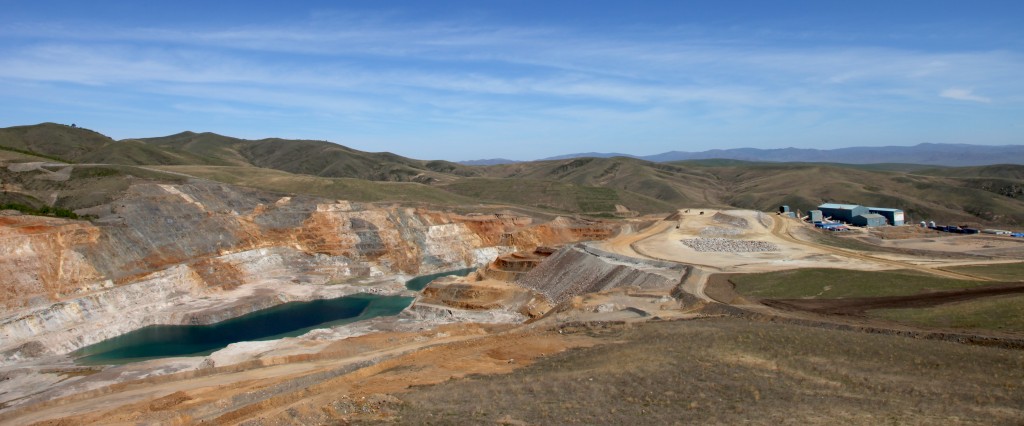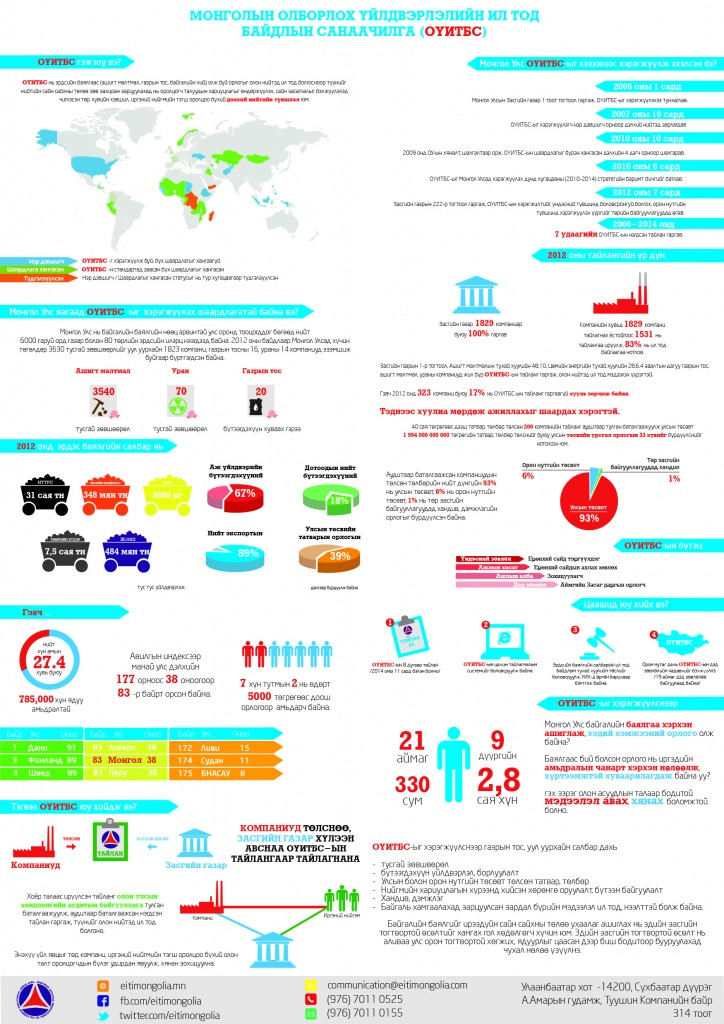Carlos da Costa, PhD Mining Engineering // Feb 15, 2015
The second goal should be to help representatives of civil society organizations understand thoroughly and comprehensively, the nature, structure and dynamics of the extractive industries sectors, from both a global and a Ghanaian-national perspective. It is trite knowledge that the extractive sectors (minerals and energy) are intrinsically opaque.
Its governance is encased in principles of confidentiality; the language of its laws, regulations and memoranda of understanding (MOU) are couched in complex technical language, often defying the achievement of consensus in interpretation based on the ordinary meanings of the words. Its operations are often carried out in remote subnational areas, sometimes inaccessible to even those charged with the responsibility for regulating these sectors.
This opacity aids the maximization of profit and rent seeking; but it undermines the promotion of citizens’ welfare and the protection of national interest, through an accurate knowledge of what is produced and monetized, and a judicious and just allocation and utilization of the proceeds from the nation’s natural resources. Shining light on the dark recesses of the extractive sectors and demystifying its complex laws and technical processes is an important purpose of this training. If and when civil society fully understands these sectors, then it can help to explain it to the people. It is then and only then will the problem of misperception of the extractive industries companies by the citizens be reduced. It is then and only then will peace and harmony reign in mineral and oil producing communities in Ghana.
Such training is also meant to enhance the capacity of civil society organizations to engage extractive industries companies directly in a manner that is harmonious and friendly, instead of mutual suspicion and bitterness. The leadership role that civil society organizations are expected to play in mobilizing citizens to ask for their rights, extends also to the relationship between companies and the citizens at the community level where the company / citizen interaction is direct, intimate and unavoidable. Where formal structures of organized citizens, led by responsible and accountable leaders of civic organizations, exist, the company-community inter- face is likely to be harmonious and mutually beneficial.
Conflicts arise and intensify where those who claim to project community interests are individuals or agents of private citizens with no clear or indisputable mandate from any group or any one. Such individuals often front for non-existent groups and organizations, and claim the material fruits of corporate social responsibility, which they appropriate for themselves. How civil society organizations can fill this gap in the structure of the relationship between companies and communities, and even between governments at local levels and the citizens at that level, requires special knowledge and skill. GHEITI (Ghana Extractive Industries Transparency Initiative) is keenly aware of this need.
A key principle in the implementation of EITI at the national level is ownership. Ownership of the process of data gathering, the instrument of data gathering, and the planning and implementation of communication strategies is central to the success of EITI implementation. Initially, international consultants may be needed and used for any of these processes which form part of the mechanism of EITI reporting. As time goes on, however, members of the MSG, including civil society representatives, should be in a position to take on these responsibilities; generate data gathering templates, help to supervise their population by companies and regulatory agencies, help to analyze the data collected, help to produce the reports and participate in getting them published. It is then and only then that “publish what you pay” and “publish what you earn” can become an ongoing daily and monthly routine. As long as the process is dominated by consultants, and so long as the cost of producing the reports remains exceedingly high, it will be difficult for EITI reporting to be regular, frequent and timely. More importantly, it will be difficult to sustain the EITI disclosure and reporting process for a long time in some EITI member countries.
For soon, governments will tire of it, or regard it as a nuisance, and kill it through under funding. Furthermore, when the technical process becomes well known among civil society leaders and members, it will be easier for them to make meaning out of the figures in the EITI reports, understand the story behind those figures, and be in a position to explain them to all. A nation’s people will then be better empowered to hold government to account. And the EITI will have a better chance of surviving possible successive regimes in their country. Laws and establishment of EITI secretariats at the national level, in them cannot ensure the sustainability of EITI.
